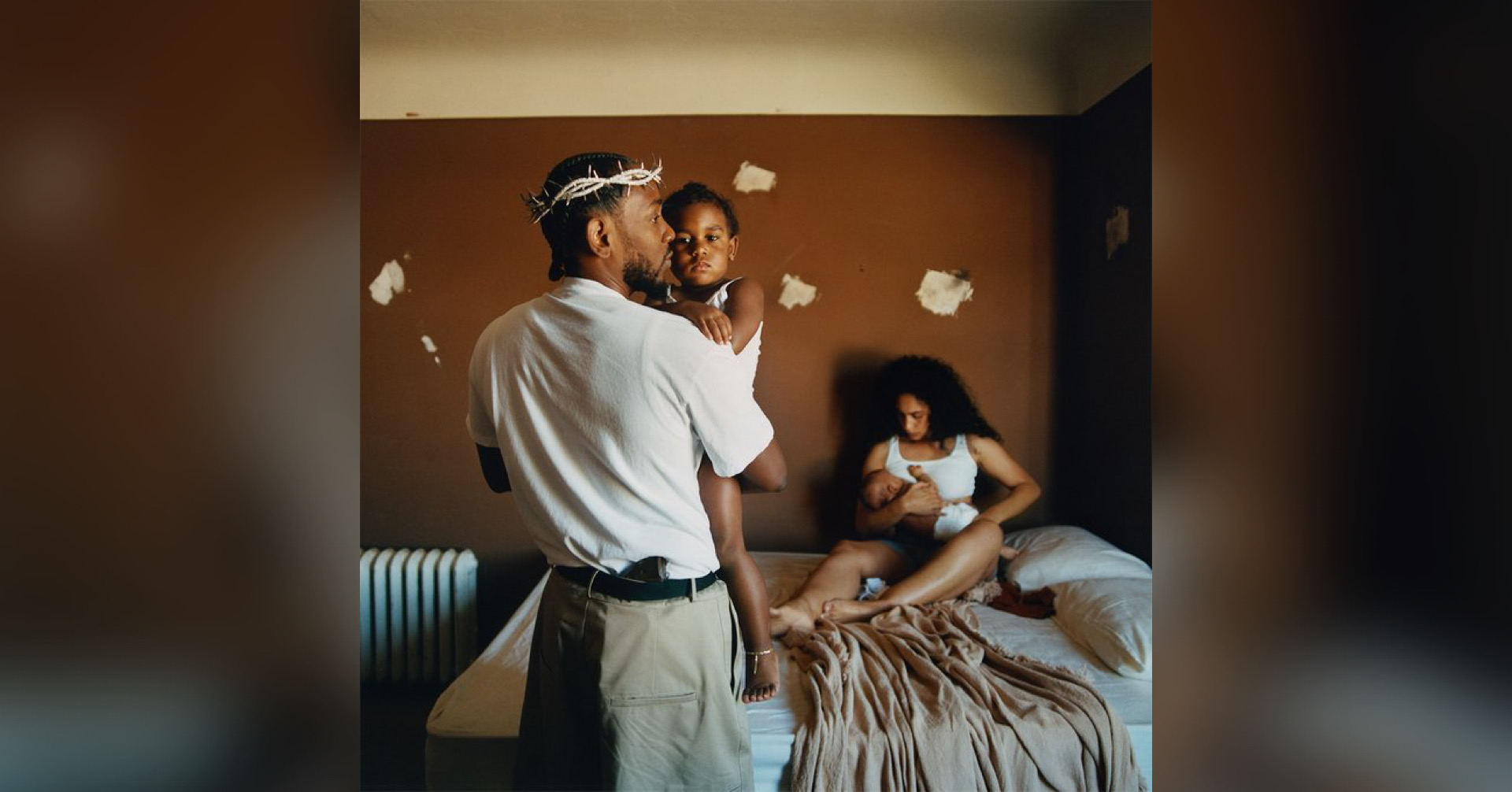(May 22, 2022). It’s official: the numbers are in and Kendrick Lamar has the new No. 1 album on the Billboard 200 (dated May 28) with Mr. Morale & The Big Steppers. It bagged nearly 300,000 album-equivalent units in its first seven days to give Big Steppers the highest one-week numbers so far in 2022 (a mark set the last two weeks by Future and Bad Bunny and set to be broken again next week by Harry Styles).
Most publications, in fact even Billboard itself, are crediting Lamar’s latest as his fourth trip to the top of the album chart, with his first three being To Pimp a Butterfly (2015), untitled unmastered (2016) and DAMN (2017).
But they’re forgetting a key album by Lamar from 2018 that should be included among his many chart-topping accomplishments: Black Panther The Album: Music From and Inspired By, which crowned the list in February 2018 and was credited to Kendrick Lamar and Various Artists.
Well, it’s not quite accurate to say that the other publications are forgetting… they’re likely following Billboard’s lead. And Billboard is the chart authority, so it’s understandable that the other publications—without the benefit of further research—would tag Big Steppers as Lamar’s fourth No. 1 and not include the Black Panther soundtrack in his tally.
Billboard’s omission is likely because so many other artists appeared on the Black Panther album, some of which were signed to Kendrick’s Top Dawg Entertainment label, others of whom were as diverse and globe-spanning as the actors in the film itself. Kendrick’s name, despite the album being largely his vision and despite his vocals appearing on every track, is only formally credited on six of the album’s 14 original songs.
Still, Black Panther: The Album was the result of Kendrick’s world view, shaped by the movie, of course, but also by the rapper’s own cultural awakening (he’d visited South Africa three years earlier—an experience that he partially captured on his To Pimp A Butterfly album and the track “Mortal Man” where he invoked the ghost of Nelson Mandela). Lamar has said in interviews that his African experience changed his life and it clearly influenced how he approached making what was considered his crowning achievement in the soundtrack to Black Panther.
Black Panther: The Album has been alternately credited to Kendrick Lamar and Various Artists or simply Various Artists. It’s not unlike how Saturday Night Fever was linked to The Bee Gees or The Bodyguard was to Whitney Houston (despite the presence of other artists on those albums, they’re almost universally included among the primary artists’ No. 1 totals). It’s that “various artists” formality that likely contributes to the decision not to include Panther among Kendrick’s No. 1 albums.
But Kendrick arguably had more artistic control over Black Panther: The Album than either The Bee Gees or Whitney had over their respective soundtracks. Lamar is the musician who curated his album—rounding up its multiverse of contributing musicians, lending his vocals to all the tracks including the eight that don’t reference his name, landing writing credits on all 14 tracks and serving as the album’s executive producer.
When it reached No. 1 in February 2018 (a week before the movie’s release), few people believed that Black Panther: The Album would have accomplished that feat if Lamar’s name hadn’t been attached to it, even with the enormity of the movie backing it. Remember, the movie came out a week after the soundtrack was released, and—despite all the hype surrounding Marvel’s most celebrated accomplishment up to that point (especially among us Black folks)—it was Kendrick’s tie-in that made the soundtrack a must-hear.
The Billboard slight is not a distinction without a difference either. By becoming his fifth—not fourth—No. 1 album, Lamar’s Big Steppers (itself already deemed a classic) moves him into a tie for eighth place with four other rap legends on the all-time leaderboard. Those four are DMX, 2Pac, Rick Ross and Lil Wayne, each with five No. 1 albums on the Billboard 200. The seven rappers above them are Jay-Z (14); Eminem, Kanye West—or now just Ye, and Drake (ten each); Future (eight); and Nas and J. Cole (six each).
With Mr. Morale & the Big Steppers reportedly being Lamar’s last album for Top Dawg Entertainment, and perhaps his last for a very long time, who knows when or if he’ll top the chart again, or even if any of this really matters to a musician as celebrated and accomplished as he is.
Whether it’s four or five No. 1 albums may seem trivial, especially to an artist of Lamar’s stature who instead prefers to challenge his fans with much weightier topics like transphobia (on the new album’s “Auntie Diaries”), toxic relationships (“We Cry Together”) and his own failings (any number of the album’s remaining tracks).
Lamar may not be quibbling over these stats (he’ll get paid regardless). But at least trade mags and music historians should get it right.
Congrats to Lamar on his fifth No. 1 album.
DJRob

DJRob (he/him/his) is a freelance music blogger from somewhere on the East Coast who covers R&B, hip-hop, pop and rock genres – plus lots of music news and current stuff! You can follow him on Twitter at @djrobblog.
You can also register for free (below) to receive notifications of future articles.



Rarely do I listen to an album first to last song, but I am quite impressed with this Kendrick Lamar album. His authentic expression and truth are a plus also. Great blog DJRob!